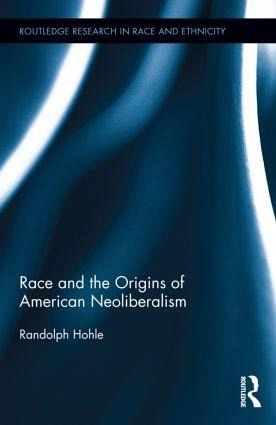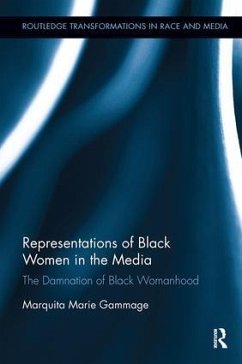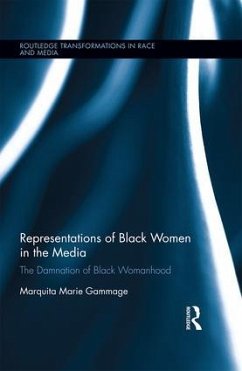
Race and the Origins of American Neoliberalism
Versandkostenfrei!
Versandfertig in 1-2 Wochen
177,99 €
inkl. MwSt.

PAYBACK Punkte
89 °P sammeln!
This book explores the relation between race and neoliberalism in the US, arguing that the origins of neoliberalism in the US are rooted in the constellation of cultural, political, and economic developments in the white response to the black civil rights movement in the 1950s and 1960s. Analyzing the cultural politics that embedded a racially coded language of white=private/black=public into social policy, the book shows that while the white response did not create neoliberalism directly, it did provide the context for white support in favor of privatizing public works, fiscal austerity to co...
This book explores the relation between race and neoliberalism in the US, arguing that the origins of neoliberalism in the US are rooted in the constellation of cultural, political, and economic developments in the white response to the black civil rights movement in the 1950s and 1960s. Analyzing the cultural politics that embedded a racially coded language of white=private/black=public into social policy, the book shows that while the white response did not create neoliberalism directly, it did provide the context for white support in favor of privatizing public works, fiscal austerity to control local budgets, and a monastic opposition to taxes in the United States.












